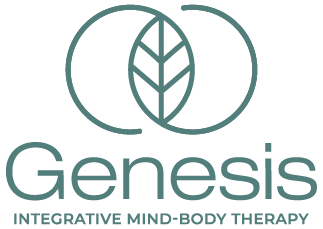Fascial Counterstrain (FCS) is a hands-on therapeutic method that aims to alleviate spasms in all tissues of the human body. When an injury occurs, various structures such as organs, nerves, arteries, muscles, ligaments, tendons, veins, and lymphatic vessels can involuntarily go into spasm as a protective response, resulting in pain. This reflex spasm can persist, spread, and give rise to numerous tender points throughout the body.
FCS targets and releases the spasmodic tissue and its corresponding tender point through gentle unloading of the injured structure. By strategically positioning the body against the strain or utilizing compression or shortening techniques, FCS induces a therapeutic release. This process promptly relaxes the structure, reducing tension and providing immediate relief from the primary source of pain. The efficacy of the treatment can be verified by assessing the previously tender point, which often becomes non-tender following the procedure.
We can treat clients of all ages including high school/college athletes, young children, and more.


